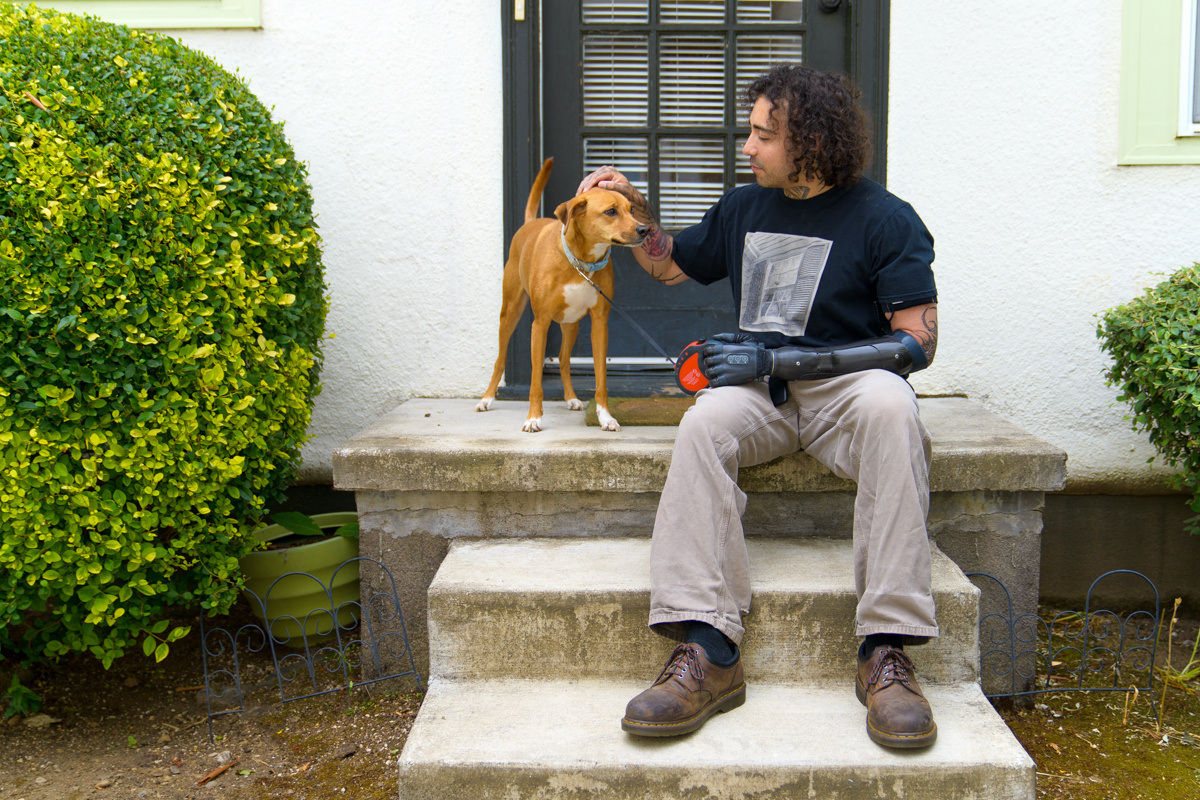Places of occupation work hard to keep their employees safe. But accidents do happen. After an accident takes place at work, it can be hard to know where to start. In this article, we’ll be walking you through some general steps of how the process will work.
Employers pay for worker’s compensation insurance. When an accident happens, your employer will be the one to contact the worker’s comp company they have contracted with. From there, you may be contacted by either an adjuster or a nurse case manager (or both) who have been assigned to you by the worker’s comp company. They will be the ones helping you through the process as your care team, along with your doctor, who may be your own or may have been chosen by worker’s comp. If you have a nurse case manager, they will act as a patient advocate — your advocate. They will likely be in regular contact with both your adjuster and your doctor and may act as a bridge between them.
Somewhere along the way, your doctor, your nurse case manager or your adjuster may recommend a prosthetic care provider, or you may even have a representative of a prosthetic care provider who comes to visit you at the hospital. The important thing to keep in mind is that, when it comes to prosthetic care providers, the first choice you are presented with isn’t your ONLY choice. You are allowed to seek out more information from other care providers and learn about the options they suggest. Depending on your employer and your worker’s comp insurance, other prosthetic care providers may be out-of-network, but there are ways to work around that, which we discuss in our blog article, “Your Guide to Care with an Out-Of-Network Prosthetic Team.”
Our patient Gerry was injured on the job. You can learn about his journey in his patient profile video.
You are welcome to schedule a consultation with our Arm Dynamics clinical team at any time during the process of your care. You do not need a prescription or a referral to meet with us, either in person or via video chat. We encourage you to bring your nurse case manager to your appointment (or let us know that you would like them to join your video appointment and we will coordinate that). That way, they can learn about what we recommend and then go over those options later with you and your doctor.
Some things to keep in mind as you speak with not only our clinical team, but also your doctor and your nurse case manager — your goal isn’t just to get back to work, but to get back to your life. If there are things that you were able to do before your amputation — cook dinner, golf, garden, go on a bike ride with your kids — that you can’t do now, tell them. Tell them what is important to you and what you would like to get back to. Having your nurse case manager and doctor know what all your goals are will help them figure out how to get the worker’s comp insurance to cover the prosthetic device — or in some cases, more than one device, depending on your needs.
Lastly, keep in mind that your first prosthetic device may not be everything that you are looking for. Sometimes, worker’s comp insurance wants to see that you are a successful prosthetic user first before they pay for the more complicated devices. Let’s say that you really think a myoelectric hand would help you get back to work and back to your home goals. But worker’s comp is only willing to pay for a body-powered device. Sometimes, if you are fit with that body-powered prosthesis and train with and wear that device, there may be the opportunity to be fit with an additional prosthesis to help improve your function and meet your goals. Keep in contact with your nurse case manager and our center — as a team, we may be able to justify the need for an additional device, perhaps after just a few of months. It doesn’t always work, but if you don’t ask, you’ll never know, right?
We know that the weeks and months after a workplace accident can be overwhelming. We are happy to answer any questions you have, so please contact us. We also may be able to connect you to our patients that participate in our Peer Support Network. The network is comprised of individuals who want to be there for the peers — some have been through the worker’s comp process and we may be able to match you with someone who has the same level of amputation or rehabilitation goals. Have you been through the worker’s comp process and have a comment or advice that you would like to leave for your peers? Please do so below. Thanks for reading!






%20President%20and%20Senior%20Clinical%20Director.jpg?width=600&height=600&name=John%20M.%20Miguelez%2c%20CP%2c%20FAAOP(D)%20President%20and%20Senior%20Clinical%20Director.jpg)










No Comments Yet
Let us know what you think